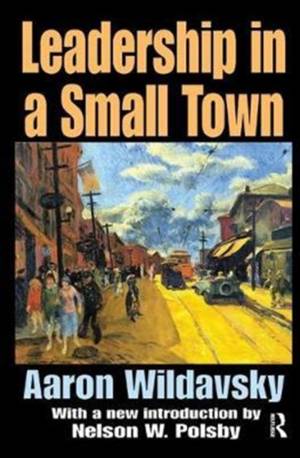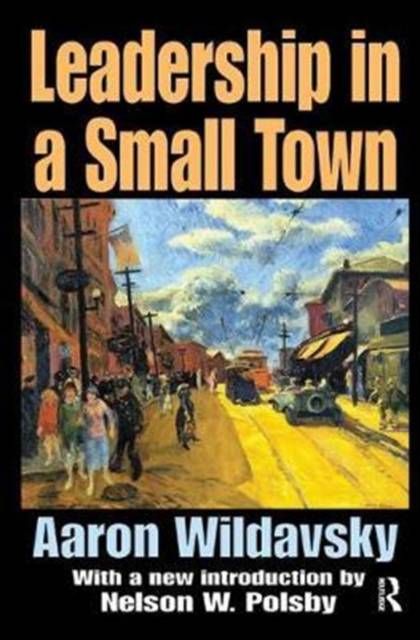
- Retrait gratuit dans votre magasin Club
- 7.000.000 titres dans notre catalogue
- Payer en toute sécurité
- Toujours un magasin près de chez vous
- Retrait gratuit dans votre magasin Club
- 7.000.000 titres dans notre catalogue
- Payer en toute sécurité
- Toujours un magasin près de chez vous
Description
Of all the questions that might be asked about political life, it would be difficult to find one of greater interest than the ancient query: who rules over whom? It appeals powerfully to our curiosity. We want to know who "runs" things--who makes policy decisions in New York, Washington, London, or the town in which we live. Is it a single powerful individual, an economic elite, a series of elites, the citizens, political bosses, or some variant of these possibilities?The major purpose of this volume is to find an answer to this question for a small American city, and to extend the answer through relevant theory to American cities in general. But much more precisely, answers are sought for these interrelated questions: What are the relationships between the rulers and the ruled? How are the rulers related to each other? Are the rulers the same for all policies or do they differ from one area of policy to another? How do leaders arise, and in what way are they different from other people?The issues discussed in this volume are familiar to many towns. They range from controversies about the building of a new water system to housing and zoning codes, from charity appeals to low-income housing, from nominations and elections to industrial development and off-street parking. Wildavsky draws parallels to other community studies and formulates general propositions in support of his thesis that American communities are pluralist. And ultimately, Wildavsky is optimistic that small towns foster citizen participation, giving the population more of a chance to direct its own future.Aaron Wildavsky was, until his death in 1993, professor of political science and public policy at the University of California, Berkeley, and, while working on the present study, taught at Oberlin College. Transaction has posthumously published Wildavsky's complete essays and papers in five volumes.Nelson W. Polsby is Heller Professor of Political Science at the University of California, Berkeley, where he has taught American politics and government since 1967. He is editor of the Annual Review of Political Science and author of Congress and the Presidency.
Spécifications
Parties prenantes
- Auteur(s) :
- Editeur:
Contenu
- Nombre de pages :
- 404
- Langue:
- Anglais
Caractéristiques
- EAN:
- 9781138527027
- Date de parution :
- 14-07-17
- Format:
- Livre relié
- Format numérique:
- Genaaid
- Dimensions :
- 152 mm x 229 mm
- Poids :
- 707 g







